
views
Selecting and Living in Another Country

Identify countries with no extradition treaty with the U.S. Extradition is primarily the product of existing treaties. If a treaty doesn’t exist between the two countries, then you cannot be extradited from one to the other. If you are looking to avoid prosecution or sentence in the U.S., it would be wise to select a country that does not have an extradition treaty. There are slightly fewer than a hundred countries that fall into this category. You can find a list of the countries that do and don’t have current extradition treaties in an article by the Congressional Research Service, current as of 2010. A few of the countries that do not currently have extradition treaties with the U.S. are Afghanistan, Bahrain, Morocco, Senegal and Tunisia.

Consider finding a country where you can disappear and blend in. For this reason, larger countries like China or Russia have often been suggested. However, not everyone facing extradition is a "fugitive" who is hiding. Some people manage to live quite comfortably, and even publicly, while avoiding extradition to the U.S.
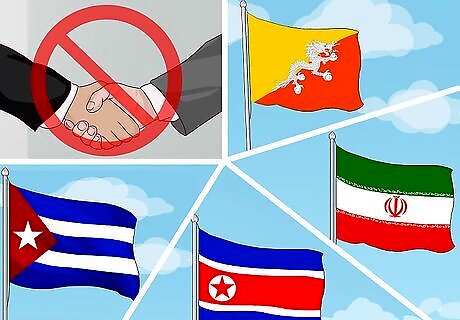
Select a country with no diplomatic ties to the U.S. There are countries that, beyond not having an extradition treaty, do not maintain ongoing diplomatic ties with the U.S. Assuming you can get in, and then choose to live there, these would be places to avoid extradition almost absolutely. Some examples of these are Cuba (although recent political discussions have been changing this), North Korea, Iran and Bhutan. Be aware that moving to a country with no diplomatic ties to the U.S. may sound, at the moment, like a way to avoid extradition, but you would be giving up the protections that come with being a U.S. citizen abroad. You would have no opportunity to call on the embassy or ambassador for support, if you should need it.
Exercising Your Rights as an Extradition Defendant

Hire an attorney. The first thing you should do, if you are in another country and the U.S. has requested your extradition, is to hire an attorney. Except in some of the most extreme nations, you are entitled to legal counsel, and you do have rights that can be exerted in court. When hiring an attorney abroad, you need to make sure that you are hiring the right "kind" of attorney who can perform the work and provide the advice that you need. Remember that all countries do not have the same sort of legal system that the U.S. has. Be sure to ask about the attorney's experience and expertise with immigration and extradition law, and ask specifically if the attorney is able to perform the kind of work and negotiation that you need. For example, depending on the country, you may need a "barrister," a "solicitor," a "huissier," a "legal consultant," or a "lawyer."

Make the government(s) exercise due process. Even if you are a “fugitive” in your new country, you are entitled to certain due process rights. The U.S. must begin the procedure by filing an extradition request with the second country. An arrest warrant must be issued and exercised, and you have the right to an attorney.

Request an Extradition Hearing. Just being arrested in a foreign country while you are facing charges in the U.S. does not automatically mean that you will be returned. You have the right to request a hearing, to present evidence, and to present a variety of legal defenses. In some celebrated cases, defendants have avoided extradition for years by exercising the legal process.
Asserting Defenses in an Extradition Hearing in Court
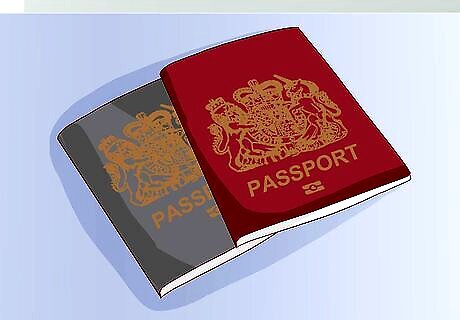
Claim nationality in the other country. Most extradition treaties will not require the country where the fugitive is residing to extradite if the fugitive is a citizen of that country. Therefore, if you can establish citizenship or if you are already a dual citizen of another country, you may be able to avoid extradition. Alternatively, if you can claim citizenship in a third-party country, other than the U.S. or the country where you currently reside or are held, you may be able to earn deportment to that country rather than the U.S.

Raise a defense of “double jeopardy.” The U.S. Constitution contains a clause that prevents a person from being tried twice for the same offense, and most other countries recognize a similar right. If you can argue that you have already been tried for the same offense, either in the U.S. or in the country where you currently reside, you may be able to defeat the extradition request.

Be aware of the statute of limitations. Most crimes have a statute of limitations, which is a time limit within which time the prosecution must occur. If that time has expired, you cannot be prosecuted, and if you cannot be prosecuted, then you cannot be extradited.
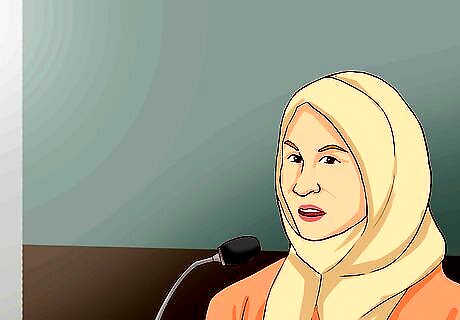
Assert a military or political defense. If you can argue that you are being prosecuted for an act that was purely military or political in nature, most extradition treaties will not support extradition. Military or political acts are generally viewed as something apart from the ordinary criminal process. Some examples would be allegations of treason, espionage, or the exercise of free speech against the government.
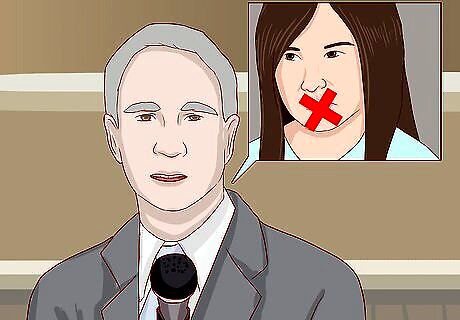
Argue that the punishment you face would be a violation of human rights. Some countries will not extradite people who face capital punishment. Other countries will deny extradition if the punishment rises to the level of a human rights violation. Some examples of "human rights violations" are unreasonable imprisonment, torture, or the denial of freedom of speech or freedom of religion.

Argue that the crime is not punishable as a serious offense in either country. Under most treaties, in order to be extradited, the offense at issue must be recognized as a crime in both countries. If you can demonstrate that your activity was not a recognized crime in one country or the other, you may be able to avoid extradition. For example, in 1992 in Yugoslavia, American chess champion Bobby Fischer played a rematch of his famous chess match against Soviet chess champion Boris Spassky. The U.S. government declared his match, which had become internationally famous, to be in violation of certain sanctions against doing business in Yugoslavia at that time. However, when Fischer eventually came to trial for extradition for that violation, he was not extradited because his home country at that time did not recognize Fischer's violation to be criminal, because that country did not hold the same political sanctions against Yugoslavia.
Waiving Your Extradition Rights

Agree to return willingly. While this may result in the same outcome, that you end up in court defending yourself, it can avoid a lengthy and costly legal process. You have the right to a hearing, which takes the form of a pre-trial in the country where you currently reside. This can take a long time and be very costly in legal fees. By waiving your rights, you will agree to return to the U.S. voluntarily.

Understand the difference between a "waiver" and a "consent." If you waive your extradition rights, you are admitting that the requirements of extradition have been met, and you agree to return to the U.S. for trial. However, an alternative is to consent to return, but still demand that the return to the U.S. be under the terms of extradition. By doing this, the defendant keeps any defenses that he or she would have had available under the applicable extradition treaty. The nuances between waiver and consent are very technical and very slight. It is highly recommended that you consult with an attorney if you are considering this option.

Negotiate an alternative to extradition. If you are facing extradition, consider whether you can reach a settlement of some kind that will end your case in a positive manner. In a case that drew international attention, Richard O’Dwyer was facing extradition from Great Britain to the U.S. While he was awaiting a hearing date on the question of extradition, he met with authorities and essentially negotiated a resolution to the case. He avoided extradition and jail time.
Understanding Alternatives to Extradition
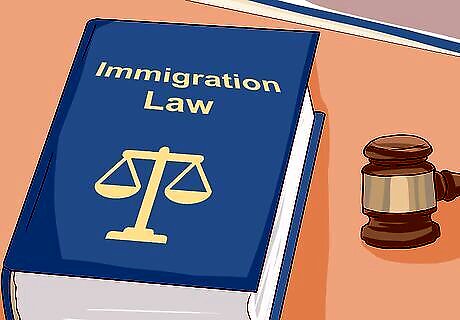
Be careful of immigration laws. It is possible that the country in which you are residing may exercise some alternative to extradition, which nevertheless ends up with the same result. The first of these is the application of their immigration laws. The country may simply deport you or refuse to admit you as an immigrant. If you are attempting to flee prosecution in the U.S., you will want to be careful that you comply with the immigration laws of the country where you travel.

Watch out for “irregular rendition” or abduction. Basically, this means that you need to avoid being kidnapped. In some cases, usually reserved for extreme crimes like terrorism or drug trafficking, a fugitive has been returned to the U.S. through illegal abduction. While this sounds like the plot of an action movie, it does happen.
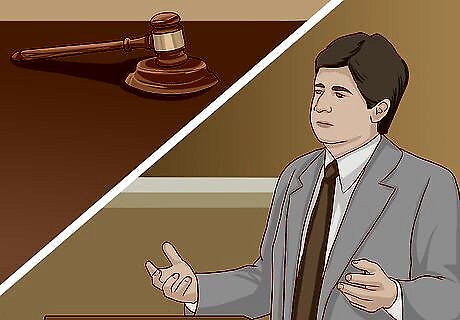
Realize that you might be prosecuted in the foreign country. Even if the extradition request is refused, there are procedures for the U.S. and the other country to work together to conduct the prosecution in that nation. While, technically, this is a way of avoiding extradition, you may still wind up on trial.It may be a good idea to make yourself familiar with the trial process in your new country. You may find that standing trial in the U.S. may actually be preferable to standing trial in your new country.
















Comments
0 comment